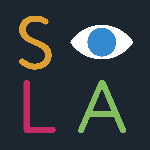Jorge Mascarenhas Interview with Gregory Manchess
~~~~~~~~~~~~~~~~~~~~~~~~~~~~~~~~~~~~~~~~~~~~~~~~~~~~
What is illustration?
Illustration is the art of communicating visually with the viewer. It is image-storytelling. It seeks to connect with the audience, not to alienate them.
How did you get started in your professional career?
Right out of a very weak art education, I landed a job at a midwestern design studio, in the illustration dept. They hired me for my drawing capabilities. I left two years later to freelance.
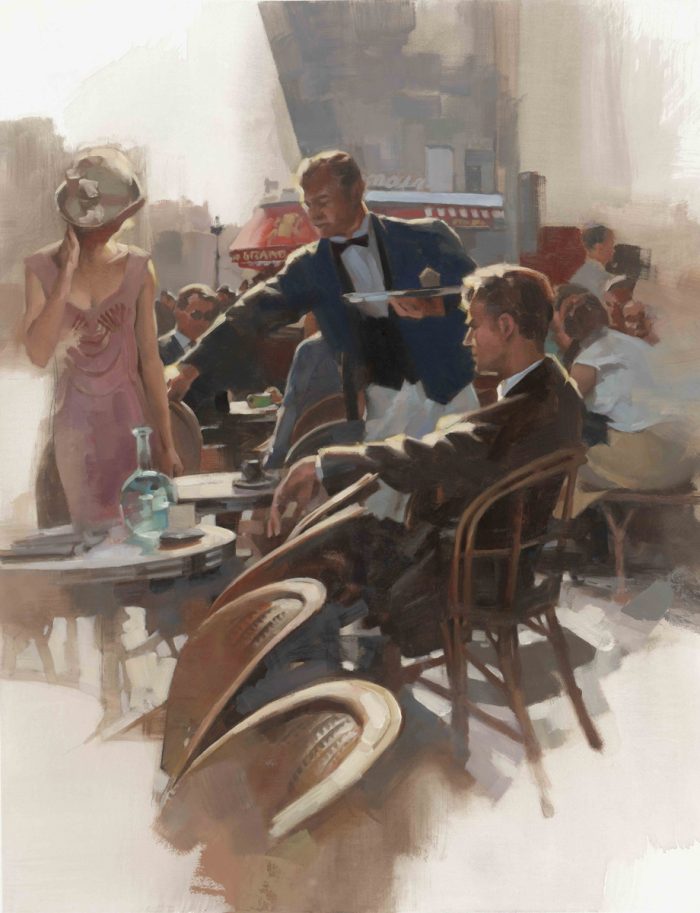
Which illustrators inspired you to pursue this career?
I loved comics growing up. Movies, book covers, and 19th c. painters. I knew work by guys like Norman Rockwell, Robert Abbott, John Schoenherr, Frazetta. But I met David Grove while in California, and I loved his work so much. We became friends and his career and lifestyle inspired me. Later, at the studio, Gary Kelley was my boss, and he inspired me, no end.
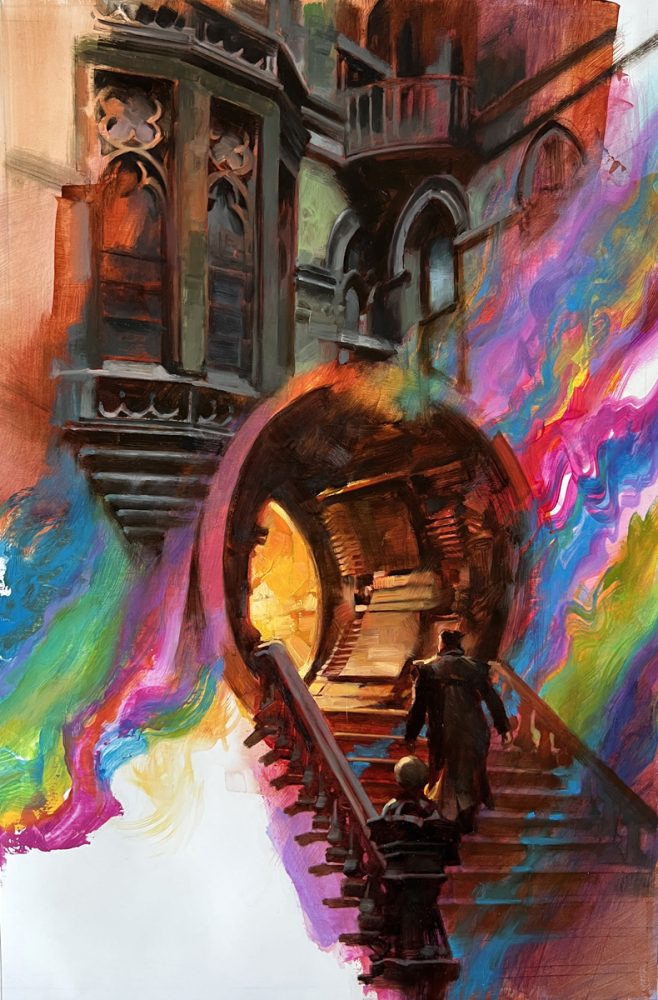
What keeps you inspired?
Watching young, up-and-coming illustrators grow into great artists. Discovering new paintings by artists I’m not familiar with. Seeing all of the work that swarms the internet (nothing like that in the early days). Studying digital artists. Finding more and more work by all the 19th c artists I love. Lastly, following my dream of creating work I never thought I could accomplish.
Do you think art fundamentals are still relevant in the new age of AI?
Most definitely. Training your hand-eye coordination is absolutely necessary to achieve a sense of taste. Not just the physical techniques of it, but how to build ideas. These are not automatic skills. There’s no substitution for it. It takes time to earn real mastery. It will always take time, effort, and focus. AI gives you none of that.
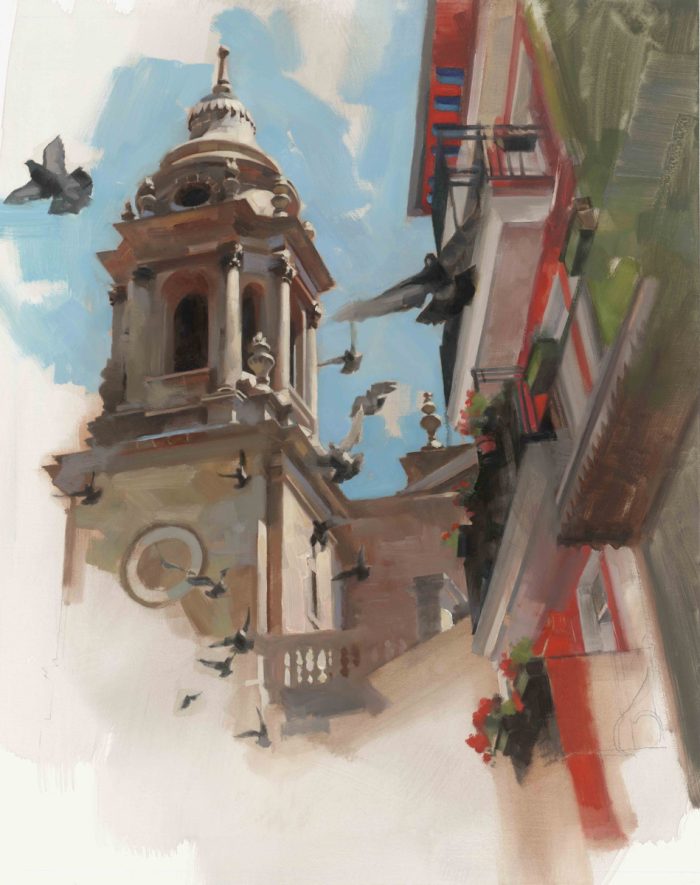
Do you think AI will obliterate illustration?
AI is certainly going to take jobs away and it will certainly confuse a whole generation of new artists who believe that they can make real art in seconds. All those images are being sampled from artists like myself whose work has already been expressed. There’s still some time for artists to learn how to discover and achieve their own expressions, but not before AI rips through much of the field.
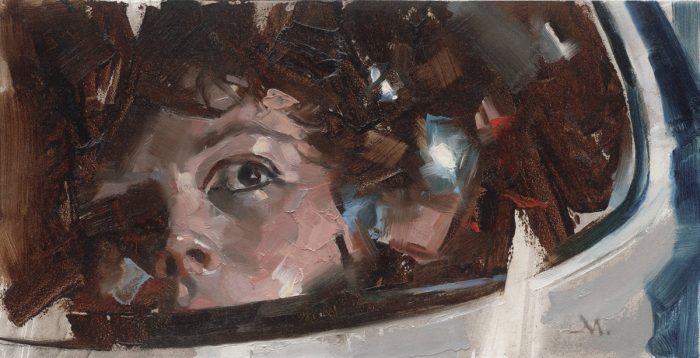
What advice do you wish you had gotten as a young illustrator?
To continue to work through, not around, my failures. (I ended up teaching myself how to do it anyway) To learn to keep producing no matter if it was successful or not, because each attempt at creating a new painting is full of information necessary to succeed in the long run. I wish someone had told me that the long view is much better than the short successes or the ‘hot’ portfolio.
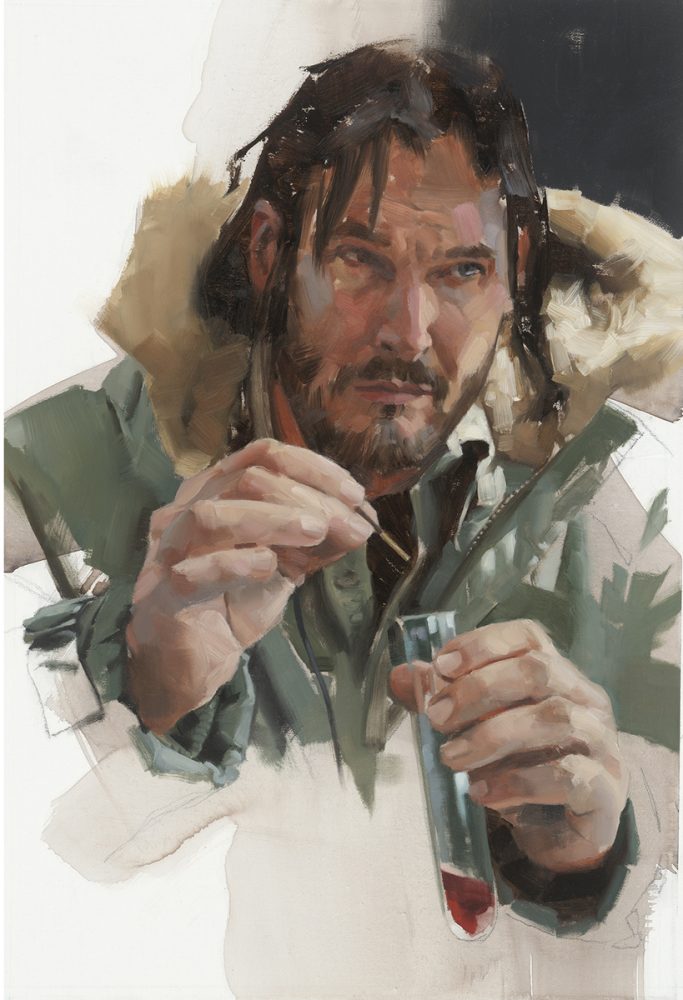
What is more important concept or technique?
Much to the dismay of countless fine artists and a lot of art teachers, there is no either or. They are BOTH important, just not necessarily at the same time or in the same painting. Technique is important to learn how to help one think, not the other way around. Concept is important to help one learn what’s necessary in technique. It is holding the two processes in the mind at the same time that makes a difference.
Which project or event changed the course of your career?
I got fed up working on high-paying assignments with low visibility. One day, I stopped listening to what clients wanted and made my own examples of what I wanted to do. Several years later, I had gained enough attention to the work that Communication Arts Magazine ran a feature on my work. My career changed instantly.
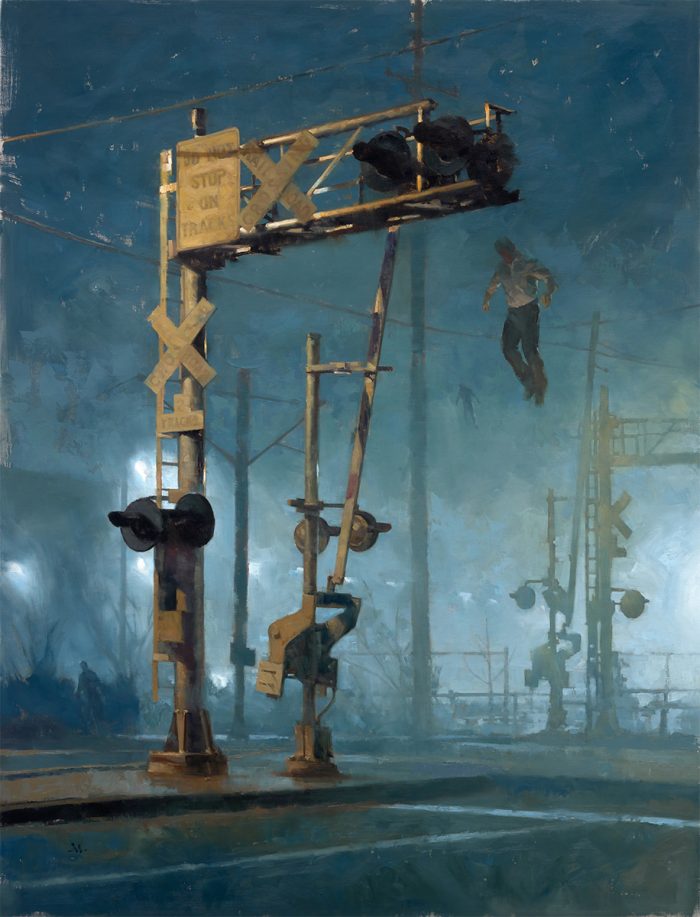
What do you do when encountering a creative block?
I don’t have creative blocks. Maybe more like hesitations. While I’m working on current pieces, I get ideas for future work and I write it all down. I have copious notes and lists of paintings I want to do, just waiting. So I’m never much at a loss for what to do, just more of how I want it to feel or what it communicates. It’s all a process, so if ideas aren’t there at the beginning, I engage the process and ideas grow quickly.
If you could go back and do something differently in your career, what would that be?
I would’ve gone to New York much, much earlier. I wouldn’t have listened to people who don’t paint tell me how to have an art career. I would’ve spent more time tolerating failures to gain more information about my work.
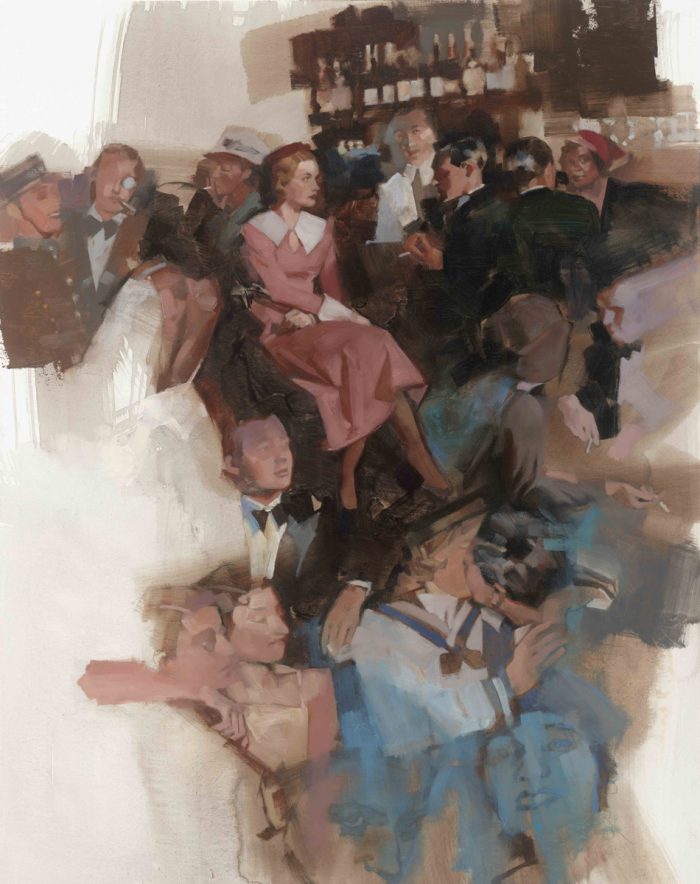
What advice do you give to future illustrators?
Learn how to draw the figure very, very well. Learn to tolerate successes and failures and glean information from both endeavors. Explore, don’t ‘play.’ Focus your attention on the work when working—don’t “tune out and render.” Focus. Do not expect instant gratification. Be patient with yourself. Accept all critiques with grace and charm, then use the information, good or bad, to get better. Don’t argue the crit. Stay focused. Don’t take things personally about the work as long as you’re growing. Find mentorship, whether in-person or from analyzing work by a favorite artist. Visualize your goals. Learn to write. Learn to communicate your thoughts clearly—in emails and texts. Focus. Learn to draw horses well, you’ll need it. Stay versatile. Did I mention FOCUS?
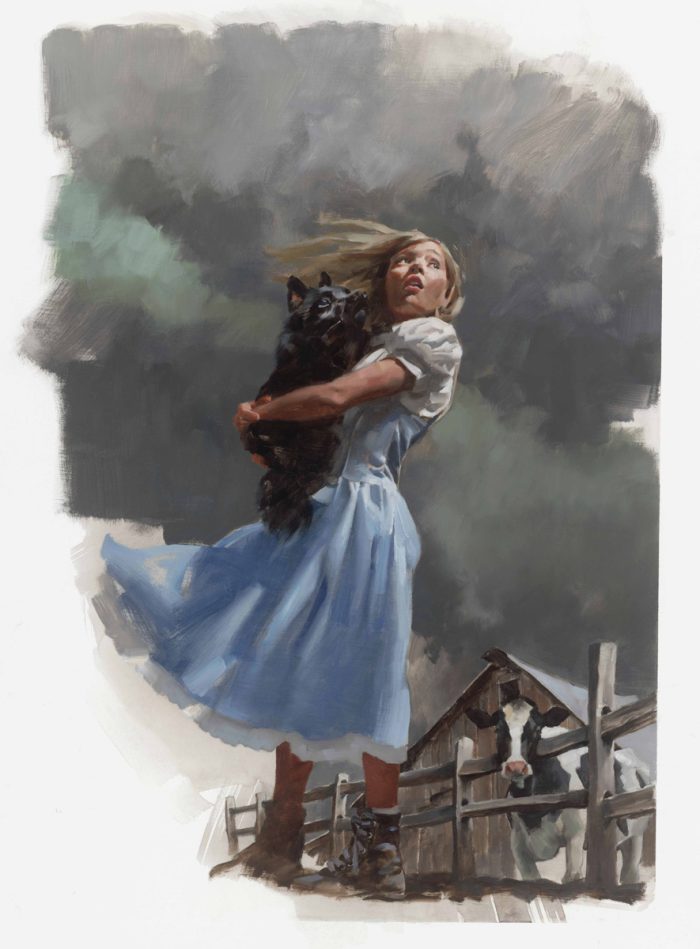
_________________________________
http://www.manchess.com
https://www.facebook.com/gmanchess
https://www.instagram.com/explore/search/keyword/?q=gregory%20manchess
_________________________________
~~~~~~~~~~~~~~~~~~~~~~~~~~~~~~~~~~~~~~~~~~~~~~~~~~~~
© no artwork displayed can be used without permission of the artist, Gregory Manchess.

